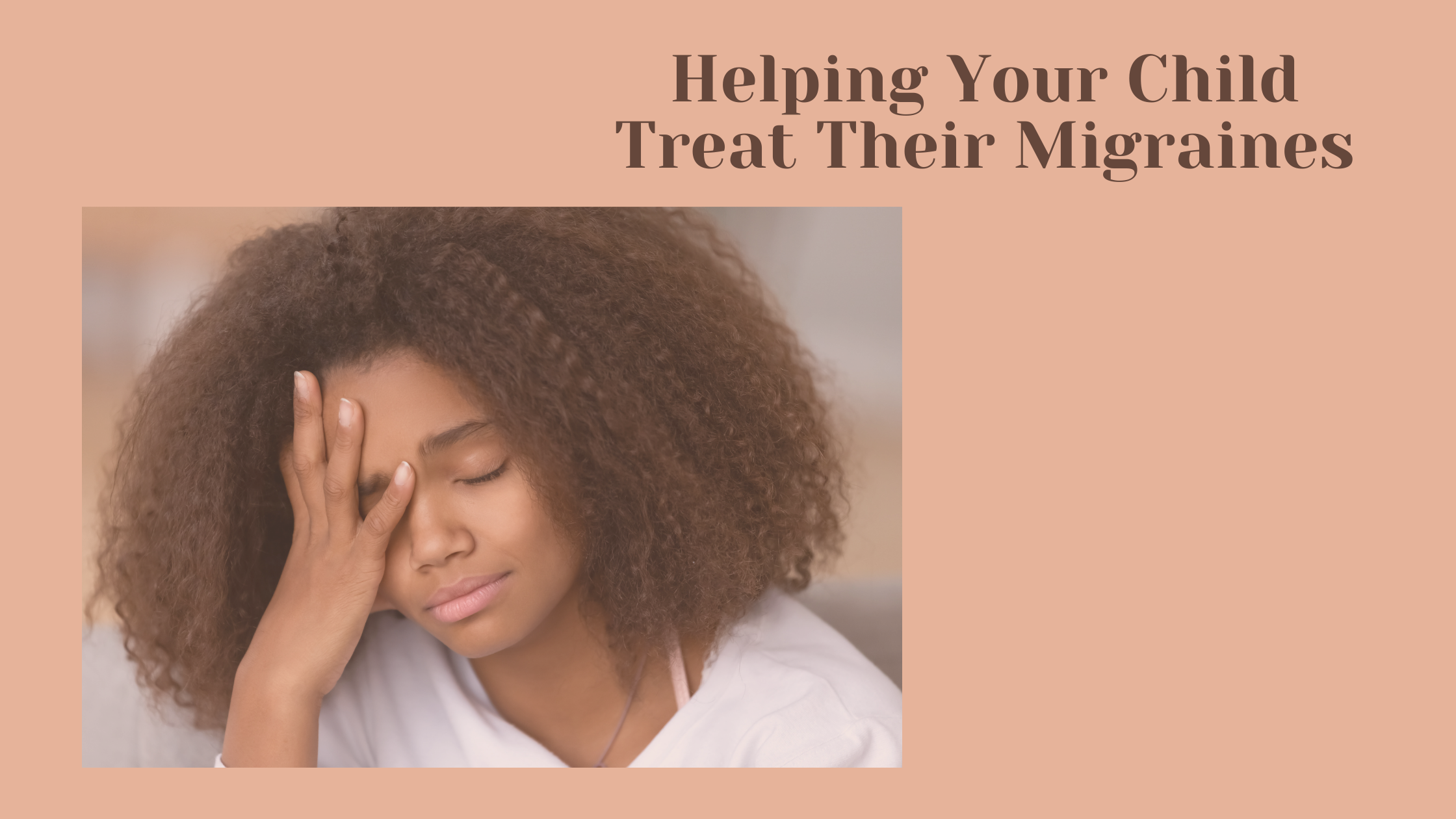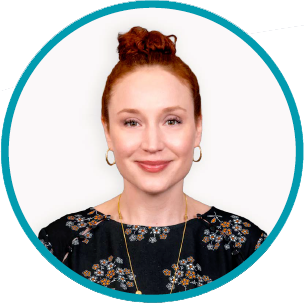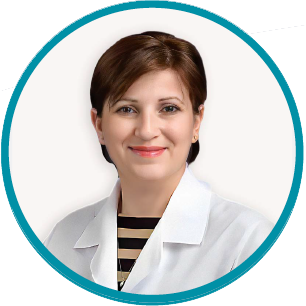
Migraines can be painful for at any age – from adolescence to adulthood. Migraines are intense headaches that can create a throbbing on one side of the head. These debilitating, throbbing pains can also come with a variety of other symptoms, from nausea and vomiting, to visual and hearing impairments, and even a numbness of the face.
Migraines are so prevalent in children and teenagers that about 10% of children live with migraines and just over a quarter of the population of teenagers between the ages of 15-19 years old[1] live with them as well. Seeing a child suffer can be hard. How can you help your child in need? Below are a few ways to help lessen the impact that migraines may have on your child.
- If applicable, utilize a 504 plan. A 504 plan ensures a student has the proper resources to adapt to any medical needs necessary. These resources can include test taking in a quiet space, changes to instruction, and changes to how a curriculum is presented to the student. These optional resources for the student or child in your life may provide a safety net in case a migraine occurs.
- Dehydration can play a major factor for triggering migraines. Each child should have the proper amount of water intake relative to their age. Children 4 – 8 years old should maintain an intake around 5 cups of water daily, whereas children 9 years old and older should maintain a daily intake of 7 – 8 cups of water.
- Taking note of your child’s stress levels can help monitor migraines triggered by stress. Stress can manifest in many ways. Sports, puberty, and school are some of many contributing factors of adolescent stress. A healthy home life is also key for destressing. Limiting stress will ultimately limit the potential for stress-related triggers.
- Prescribed medication by a doctor may help treat adolescent migraines. Parents with children taking prescribed medication should understand how the medication should be taken and monitor any changes in your child’s migraine patterns. If the migraines are becoming more severe, discussing the symptoms with your child’s doctor will bring this issue to light and help the child retain proper care for their migraines.
If your child is experiencing migraines and is between the ages of 7 – 17, consider enrolling in a clinical trial with Pharmasite Research in Pikesville, MD.
[1] https://migraineresearchfoundation.org/about-migraine/migraine-in-kids-and-teens/






